Discover the versatile uses and health benefits of coconut oil for beauty and wellness. Explore how it can enhance your daily routine—read more now!
Why Are Bees Important for Our Future & The Environment?
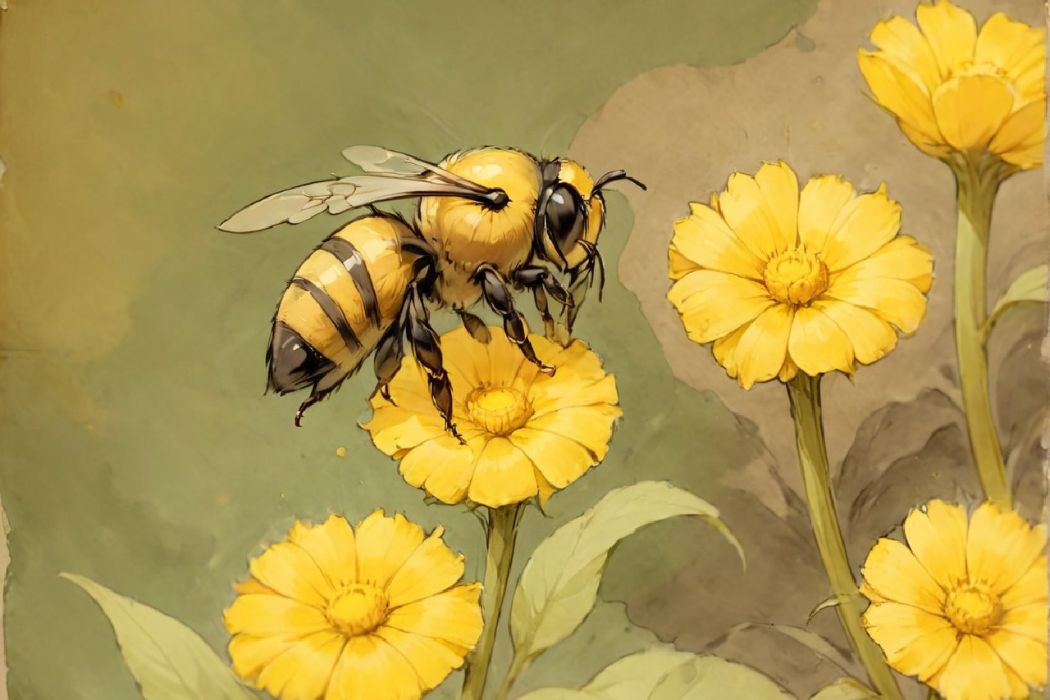
Why Bees Matter
Bees are a keystone species; without them, ecosystems would collapse, and most lives would go extinct.
Bees pollinate wild plants, which supports biodiversity and healthy ecosystems.
They produce fantastic food, such as honey, royal jelly, pollen, and ingredients for beeswax and propolis products.
Honeybees also pollinate many of our food crops, so if bees disappeared, we would no longer have such abundance and variety of fresh produce. We would go hungry and starve.
Honey Bees Are Essential For Our Food Crops
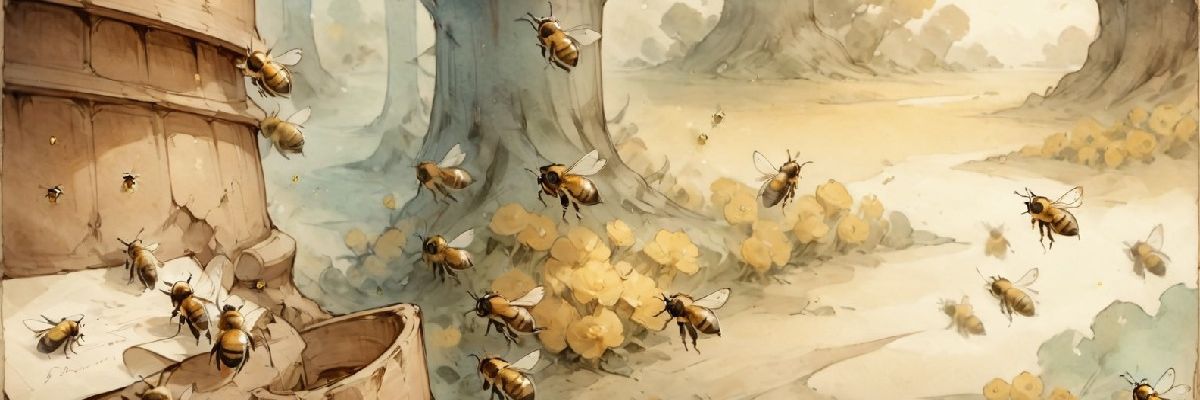
Small but mighty, honey bees pollinate food crops and are essential. There is a UN agency, IPBES, which stands for Intergovernmental Science-Policy Platform on Biodiversity and Ecosystem Services – quite a mouthful, we know. They say 35% of our food depends on bees and other pollinators.
There are over 20,000 bee species worldwide, each playing a vital role in pollination and biodiversity.
If we lost bees, we would starve! At the very least, our diets would be restricted, and our nutrition and development would suffer. So, think of the humble bumble next time you munch your salad.
And it's not just fruit 'n' veg production that the fuzzy-buzzies support. Bees pollinate native wildflowers that other insects and animals depend on. They are vital to the health of their ecosystem; if they are lost, birds, mammals and other insect species die out, too.
Bees and Ecosystems
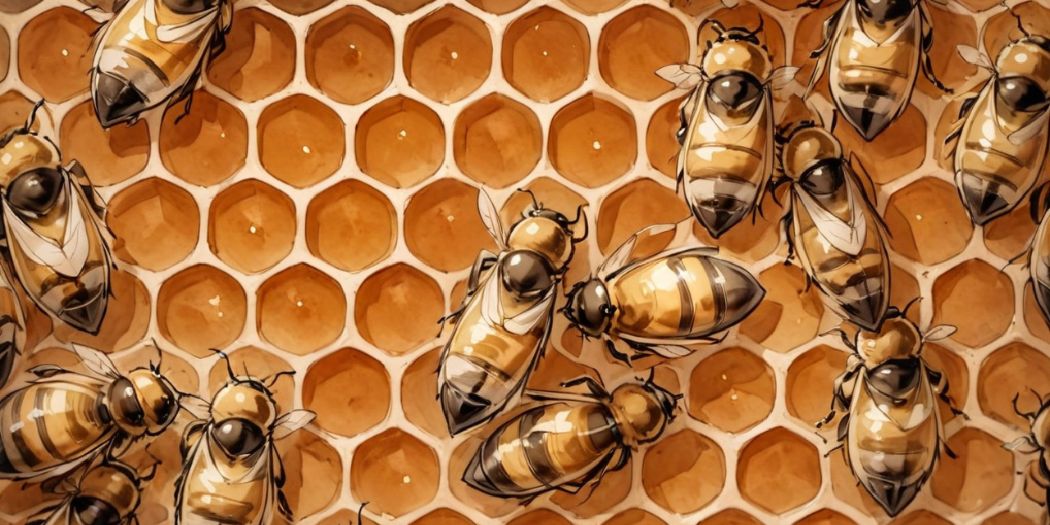
Bees are key to maintaining ecosystem health. These busy little insects pollinate many plant species, supporting many other insect species, such as birds, bats, and mammals. The web of life relies heavily on bee pollination. When bees do well, so do the plants they pollinate and the animals that depend on those plants for food and shelter.
If bees disappear, it could trigger a domino effect throughout entire ecosystems, leading to a decline in biodiversity and even extinctions. This interconnectedness is why protecting bee populations is so important to keep our natural world healthy.
Why Are Declining Bee Populations Dying?
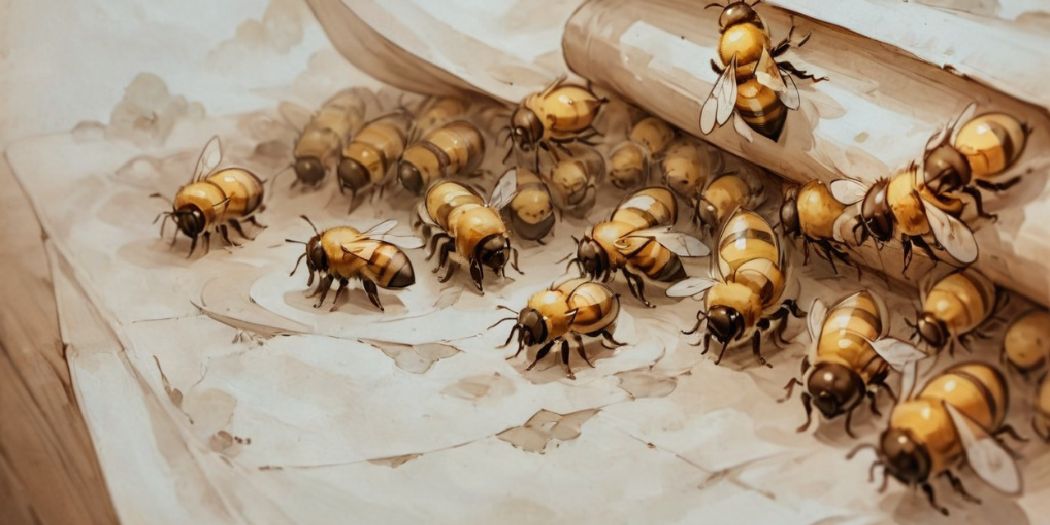
Habitat Loss and Climate Change
Habitat loss and climate change are the two biggest threats to bee populations today. The destruction of natural habitats, such as meadows and forests, has reduced the availability of food and shelter for bees. As urbanisation and agricultural expansion continue, these vital habitats are being destroyed, and bees have fewer places to nest and forage. Climate change makes it worse by disrupting the delicate plant-bee timing. As temperatures rise, many plant species shift their ranges or flowering times, making it harder for bees to find the resources they need to survive. This mismatch can lead to reduced bee populations and less effective pollination.
Parasites, Diseases, and Chemicals
Parasites, diseases, and chemicals are significant threats to bee populations. The varroa mite, a nasty parasite, weakens bees and makes them vulnerable to disease, wiping out colonies worldwide. Pesticides and chemicals used in farming can harm bees by killing them directly or disrupting their behaviour and navigation. Neonicotinoids, a pesticide, have been particularly bad and linked to global bee declines. These substances can disorient bees, impair their foraging ability, and cause colony collapse.
Bees and other pollinators are threatened by:
-
Diseases and predators: varroa mites, viruses, fungi, bacteria, invasive plant species
-
Pesticides and intensive farming: insecticides are toxic to bees, and modern agriculture destroys their environment
-
Habitat loss: destruction of wildflower meadows means bees have no place to nest or forage
-
Climate change: accelerates habitat destruction and raises temperatures beyond bees' tolerance
Act Now Before It's Too Late
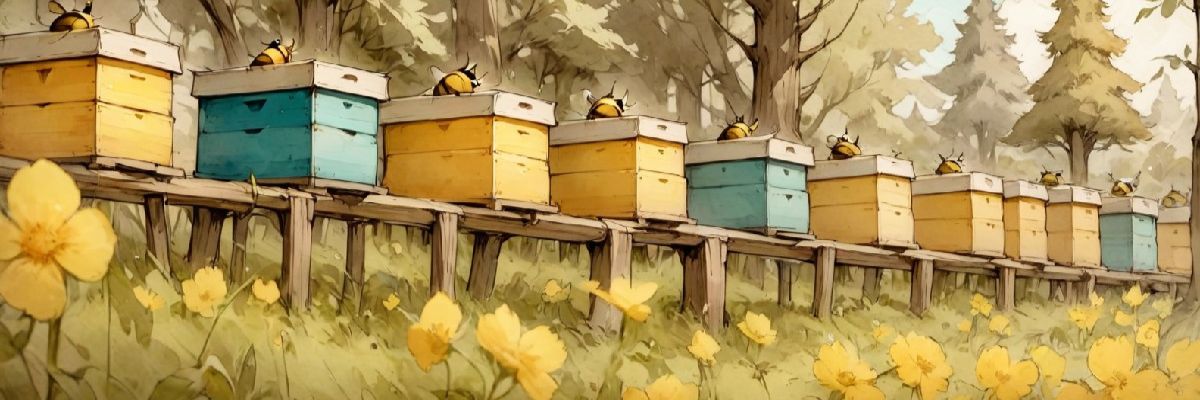
Because of these threats, beekeepers are losing more bees every year. One German study showed that in the last 30 years, Europe has lost over 75% of its flying insects, including the European Honey Bee and other pollinators.
According to a 2014 study by Reading University, mainland Europe has a deficit of 13.4 million hives - a lot of missing pollinators.
“How doth the little busy bee, Improve each shining hour, And gather honey all the day, From every opening flower!”
ISAAC WATTS
Why Bees Important In France
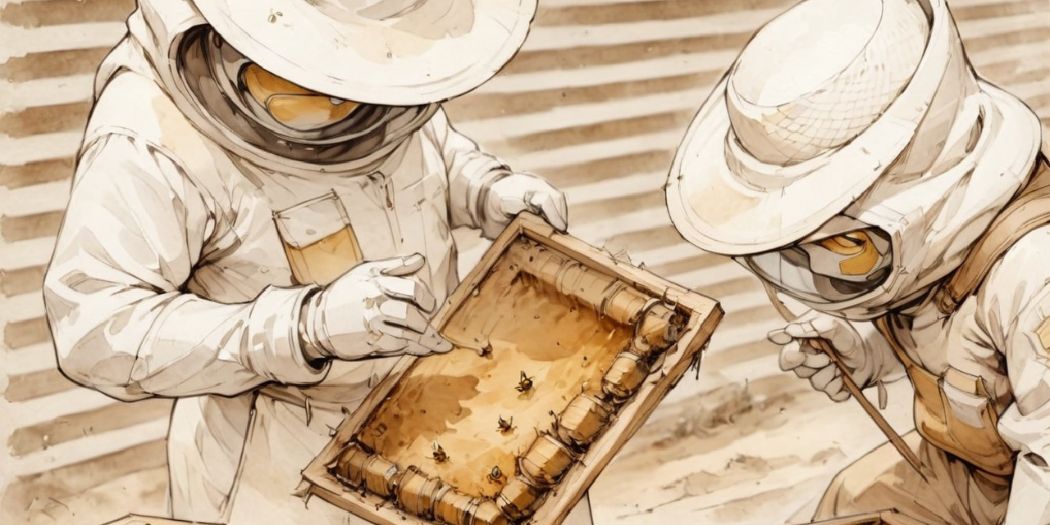
Like most of the world, France can't produce enough honey. The country can't make all the honey its people consume; demand has outstripped supply.
Globally, there are over 20,000 bee species, each unique to pollination and ecosystem health.
France has to import honey from around the world, but some honey is not authentic or ethically produced. In 2015, the EU revealed that out of 1200 imported honey, over 30% was inauthentic and impure; some even contained added sugar!
Bee Pollination
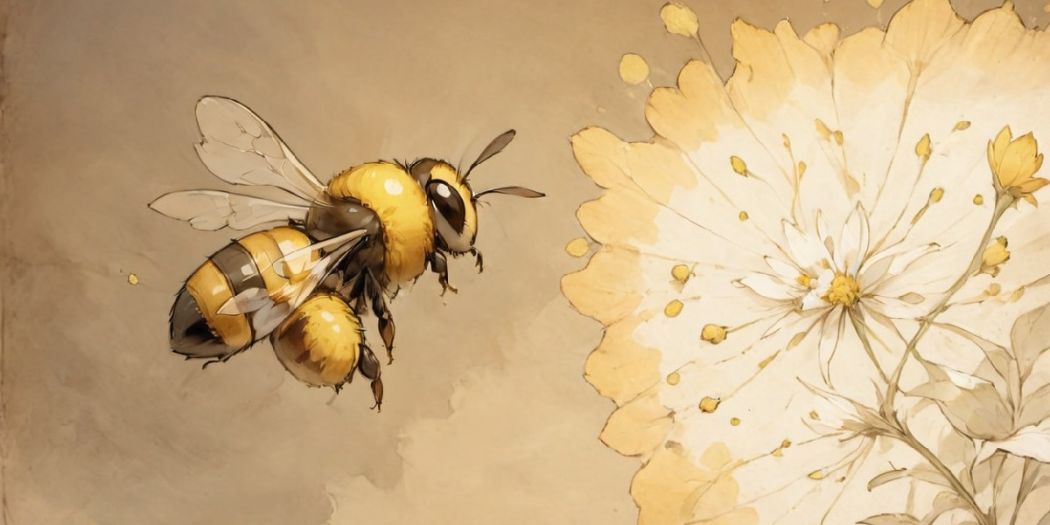
There are over 20,000 known species of bees worldwide, each unique to pollination. These diverse species, from the honey bee to solitary bees and bumblebees, are essential for plant reproduction.
Honey bees are the most well-known, often seen buzzing around gardens and fields. However, solitary bees, which don't live in colonies, are also important pollinators. Each bee species has evolved to pollinate specific types of plants so that many different flora can survive. This specialisation shows how important it is to preserve the diversity of bees to keep ecosystems healthy.
Here are some interesting facts:
-
Around 75% of crops produce better yields if pollinated by animals such as bees.
-
Pollinators affect 35% of the world's agricultural land and support the production of 87 leading crop varieties.
-
Bees visit over 90% of the world's top 107 crops.
Other Bee Species and Their Role
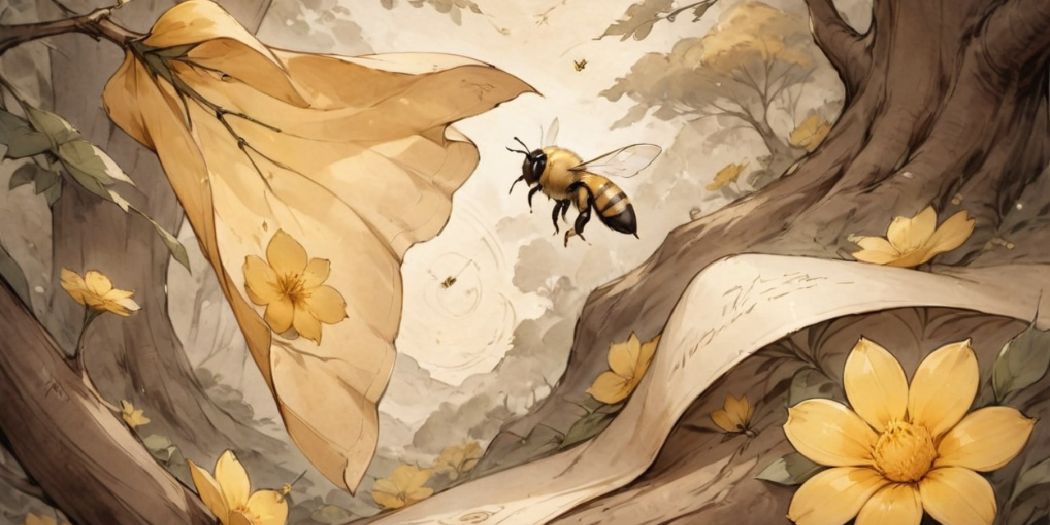
While honey bees get all the attention, other bee species are just as important pollinators. Solitary bees pollinate many wildflowers and crops like apples, blueberries and almonds. These bees nest alone rather than in colonies and are super-efficient pollinators.
Bumblebees, with their big bodies and ability to buzz pollinate, are essential for crops like tomatoes and peppers. They are often used in greenhouses to ensure pollination. Native bees like the European honey bee are part of conservation efforts, helping to protect and restore natural habitats.
Bees are also part of the food chain, pollinating plants that fix nitrogen, like legumes, enrich the soil, and promote plant growth. They are a food source for many other animals, birds, bats, and spiders.
In short, bees are key to ecosystems, and their loss could have significant consequences for the planet. Protecting and conserving bee populations can keep ecosystems healthy and our food supply sustainable.
How Can You Help Bees And Humanity?
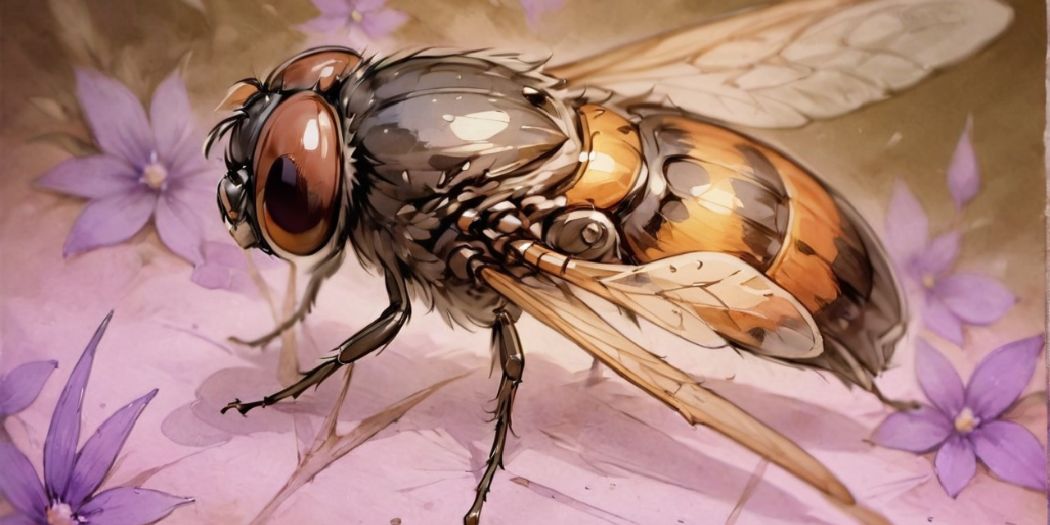
Here are three things you can do to help our little friends and ourselves right now.
1. Make Your Garden Bee-Friendly
You can't adopt wild bees—that wouldn't be right—but you can make their lives more sustainable. Bees need nectar from March to October, so you could try planting native bee-friendly flowers.
We all know variety is the spice of life, so mix it up with different bee-friendly flowering plants like wildflowers, crocus, primrose, or even borage. Providing nesting materials like dead wood or repurposed bird boxes can support solitary bee species in urban environments.
Building a bee hotel so Bumbles has somewhere to nest is good, too. If you put it near your flowering plants, they won't be stuck in traffic on their way to do their bee pollination work!
.jpg)
2. Show The Bees A Little Sugar, Baby!
Ever seen a tired, solitary wild bee? It may look dead on the floor. It's not surprising when you consider they fly 80,000 km to make half a kilo of honey.
If a bee needs help, mix a teaspoon of water with 2 teaspoons of white granulated sugar, leave it next to the bee and go about your business.
3. Buy Ethical Honey
The easiest - but arguably most important - thing you can do is buy ethical honey.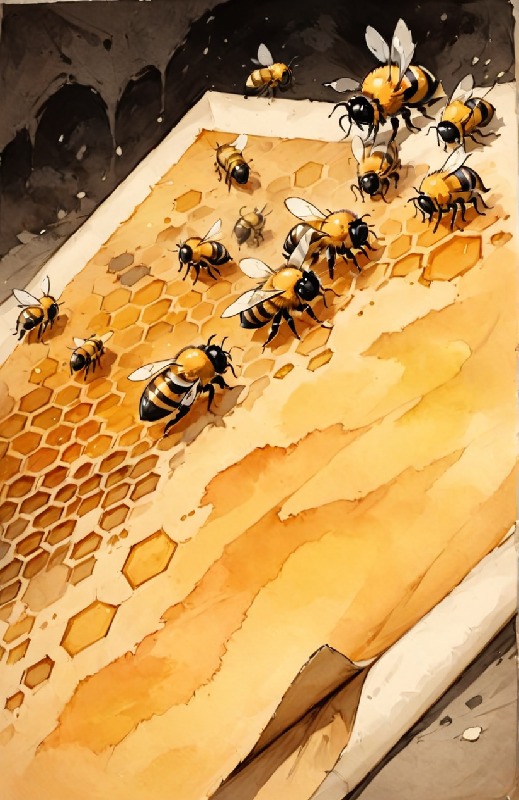
By buying ethical honey, you support sustainable beekeeping practices that prioritise the well-being of bees and their habitats. Ethical honey producers avoid pesticides and chemicals, which keep bees healthy. They also allow bees to forage on diverse flowering plants, which makes them resilient to disease and environmental change.
Ethical honey production often includes fair trade practices, so beekeepers get a fair income and are encouraged to do their essential work. This supports local economies and helps conserve bee populations globally. Buying honey from ethical sources helps save bee species, protect pollinators, and contribute to global food security.
When buying honey, look for labels like organic, fair trade, or from local beekeepers. These labels mean honey produced with bees and the environment in mind. By making informed choices, you can enjoy delicious honey and help save bees and the ecosystem.
DID YOU KNOW? Only the Queen Bee is allowed to eat the royal jelly, she lives around 50 times longer than her workers.
Summary
Bees are key to our environment, food supply and overall ecosystem health. These little insects are not just honey producers; they are pollinators that ensure the survival of many plant species and, by extension, the animals that rely on those plants.
The decline of bee populations significantly threatens biodiversity and food security, so we must protect these pollinators. By creating bee habitats, reducing pesticide use, and buying ethical honey, we can help save bee species globally.
Our actions today will determine the future of bees and the health of our planet, so bees are crucial to us and our ecosystems.
Et Vous?
Would saving bees get you buzzing? Would you buy ethical honey to give bees a chance and save humanity from itself? Our future is in your hands!
Next time someone freaks out when a bee comes near, tell them why bees are cool. Comment below.

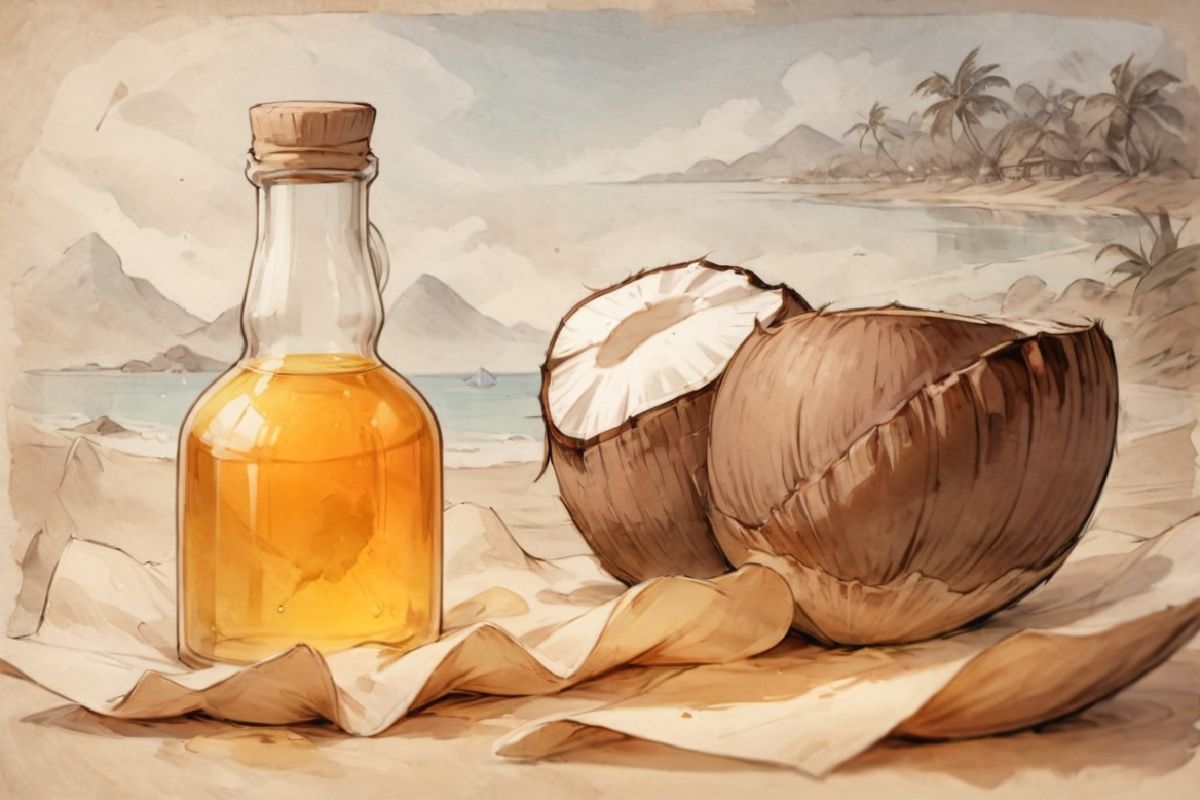
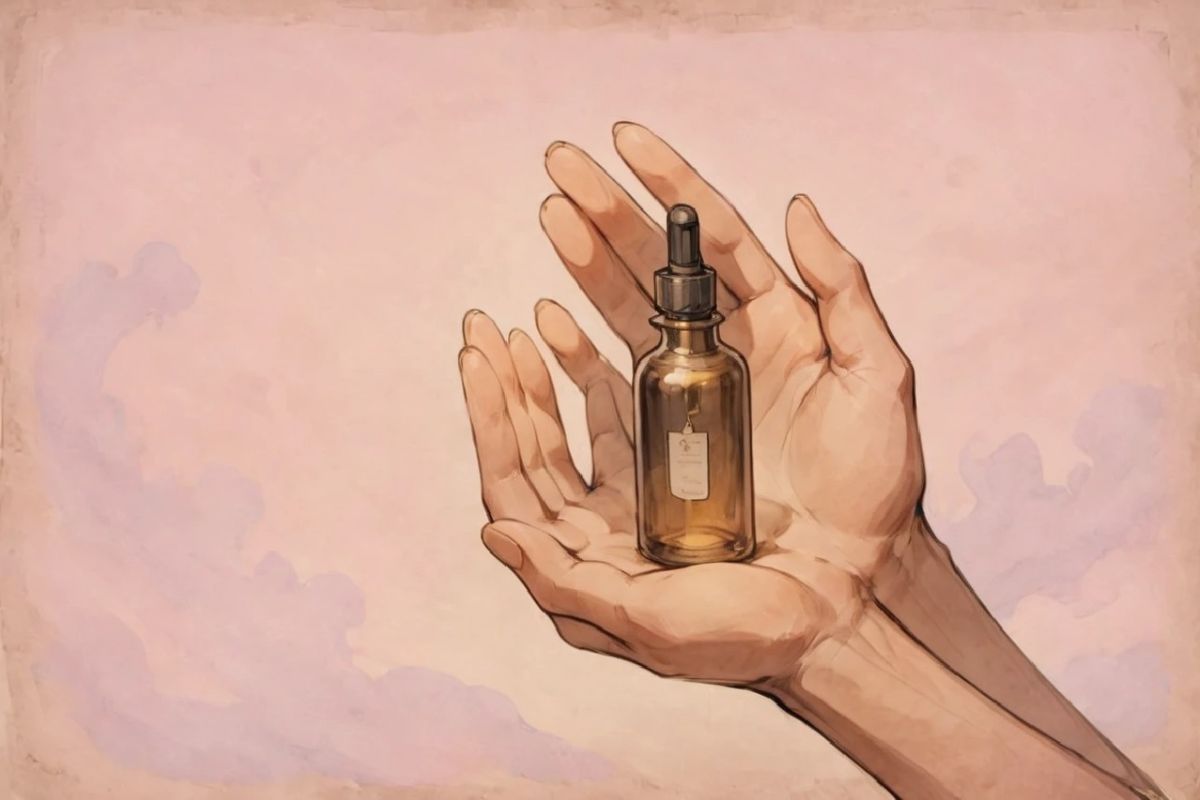
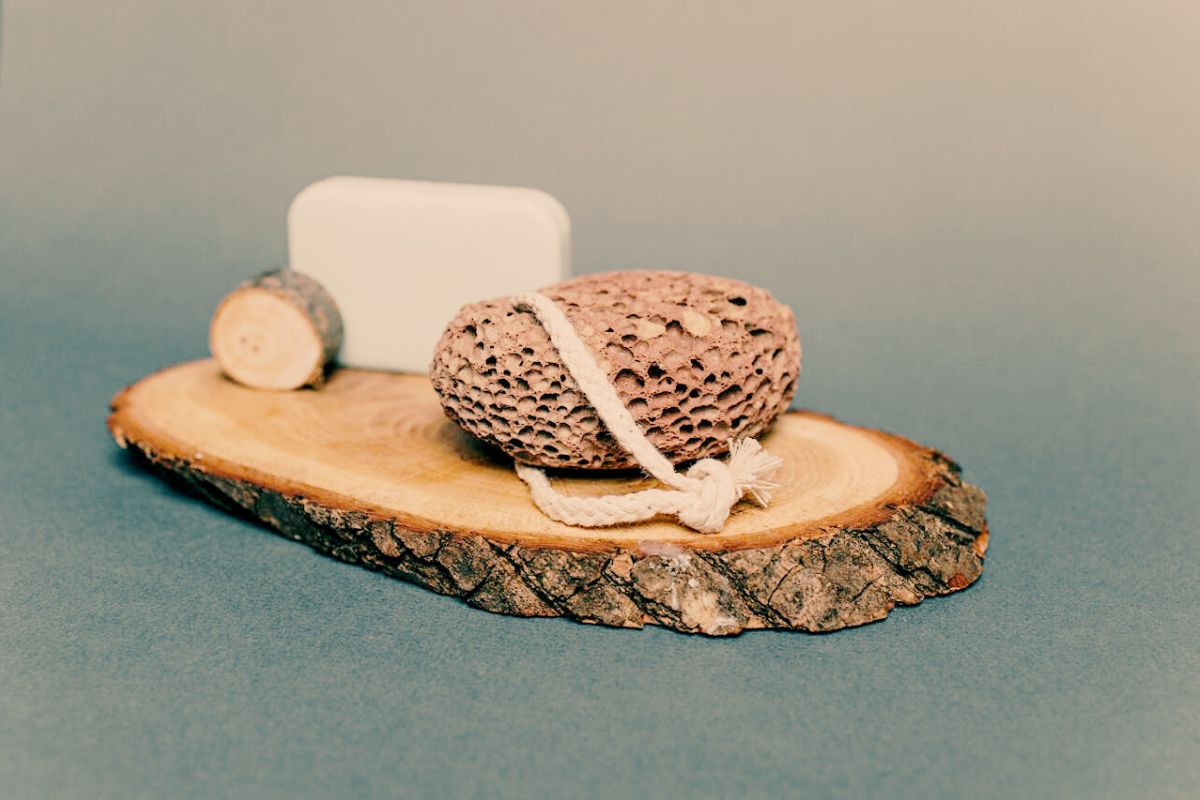

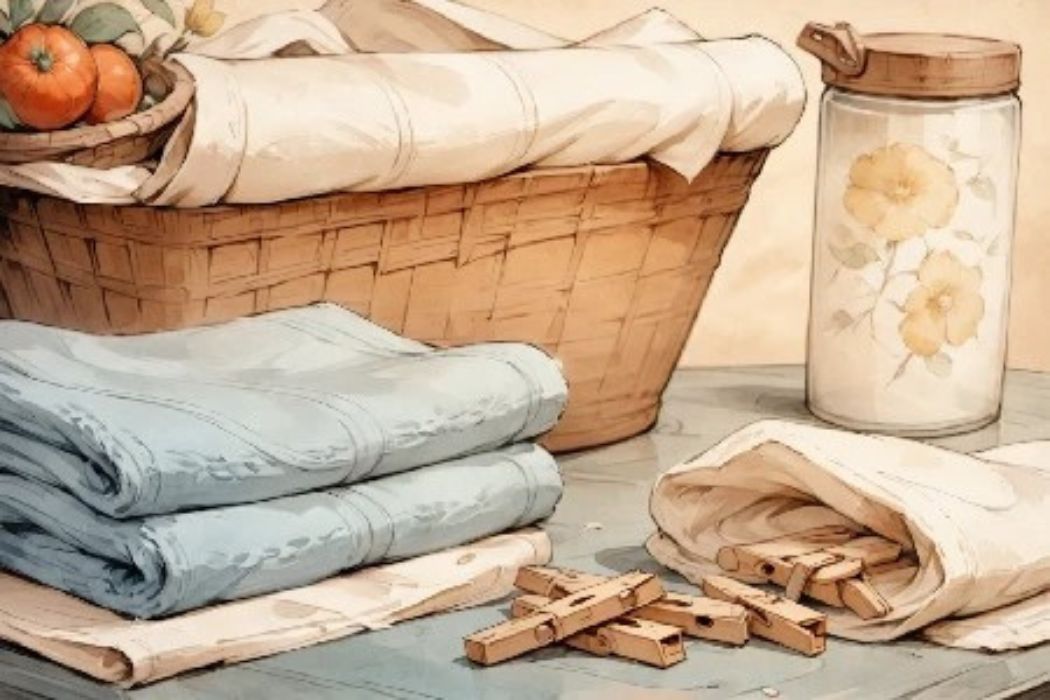

Bees definitely give me a buzz. Always like buying ethically sourced honey
We need to save the bees because of the critical role they play in our ecosystem. ... Their nectar and pollen may not be as available as a food source for bees and plants may be deprived of bee pollination. Pesticide use has had an adverse effect on bee populations.